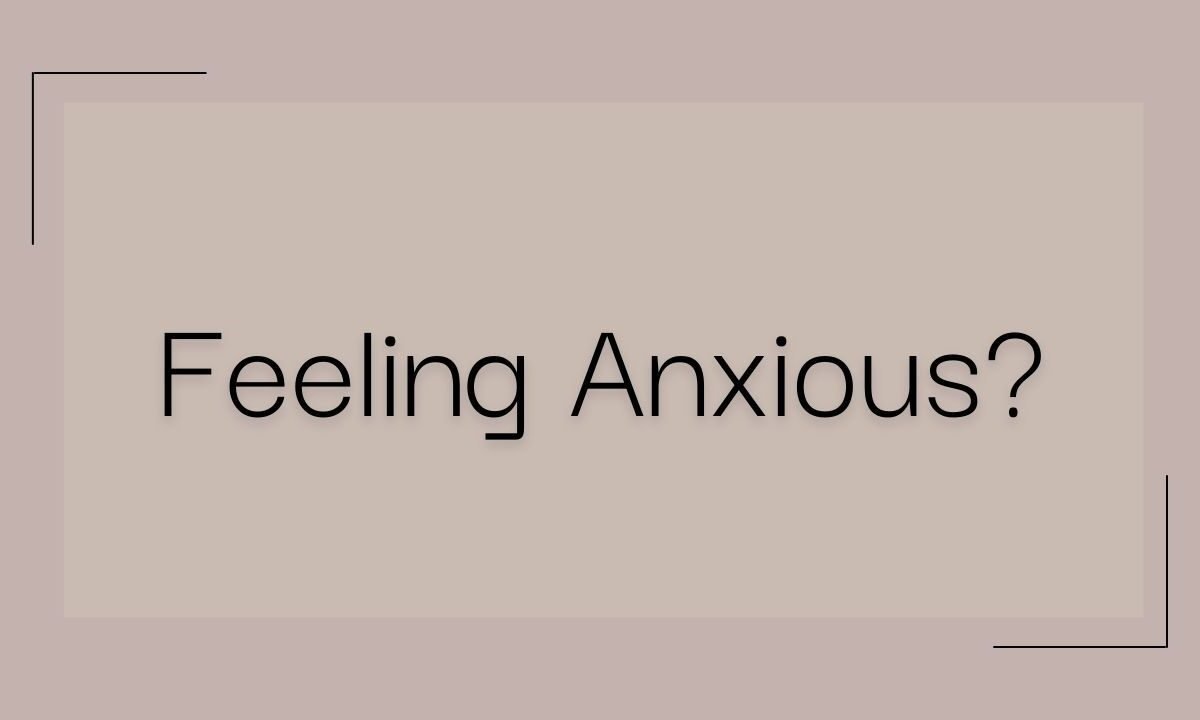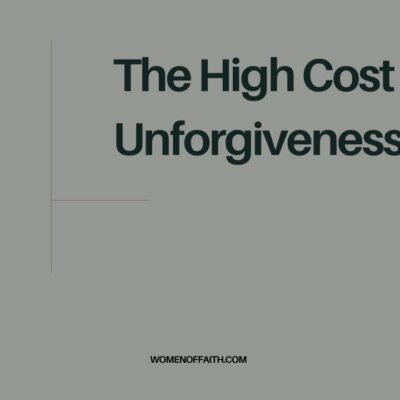You’re driving to work one day when the thought crosses your mind, Did I close the garage door? You begin to mentally retrace your steps and don’t recall with any degree of certainty that you actually did close it. You probably did and what if you didn’t? You feel the anxiety beginning to build as you imagine someone walking into your open house and stealing your computers, electronics, jewelry, and anything else deemed valuable. Just then, the person in the car to your right starts to drift into your lane. You clutch the steering wheel tightly as you swerve left slightly, lay on your horn, and hit your brakes to avoid being sideswiped.
A surge of adrenaline pulses through your body putting you on high alert. Your heart is pounding, your mind is racing, your palms are sweating . . . but you’re okay. You take a deep breath and heave a sigh of relief as you think, Whew—that was close!
Anxiety is a normal part of life—it goes with being human and living in our high-stress world. Normal anxiety keeps us busy. It reminds us to pay our bills and pushes us to pursue success. In its pure form, anxiety can serve a useful purpose, but anxiety is only normal up to a point. As long as anxious feelings are short-lived and don’t become excessive, they won’t interfere with healthy living.
However, anxiety becomes destructive when it throws people into a state of distress and weighs them down to such a degree that they cannot function normally. Proverbs accurately paints a picture of anxiety:
“Anxiety weighs down the heart.”
(Proverbs 12:25)
- Anxiety is a feeling of apprehension or nervousness, usually over something imminent which has an uncertain outcome and affects a person both physically and psychologically.
- Anxiety has its roots in the ancient Greek word angh: The Greeks used this word to express the idea of being burdened or troubled (i.e., anguished).
- Anxiety stems from uncertainty and, therefore, is an uneasiness over an uncertain outcome.
- Hoping something will happen and having no guarantee that it will or…
- Fearing something will happen, but having no assurance that it won’t.
- Anxiety reflects an excessively negative presumption:
- Overestimating the probability of danger
- Over exaggerating the “terribleness” of something
- Anxiety Disorders are intense, excessive feelings of helplessness and dread, even when the threat of danger is mild or nonexistent.
- Disorders impair “normal functioning,” or the normal living of life.
- Disorder sufferers organize their lives around attempts to avoid anxiety.
Based on the Bible when the Israelites find themselves in captivity, they are described as having: “. . . an anxious mind, eyes weary with longing, and a despairing heart.” (Deuteronomy 28:65)
Anxiety inaccurately judges reality. It forgets the past and fears the future.
Anxiety fails to remember how you’ve made it through past difficulties and focuses instead on potential threats in the future. Anxiety leaves you with a fight or flight response in the present, vigilantly preparing for possible outcomes or avoiding fearful situations altogether.
The Lord, however, sees all things clearly. He says, “I make known the end from the beginning, from ancient times, what is still to come. I say, ‘My purpose will stand, and I will do all that I please’” (Isaiah 46:10).
God has brought you through the past and holds your future in His hands. And in your present struggle with anxiety, He is with you. The Lord is at work in your life—your anxiety is not without purpose. God longs to be your refuge and help you walk through your fears and troubles.
“God is our refuge and strength, an ever-present help in trouble.”
(Psalm 46:1)





